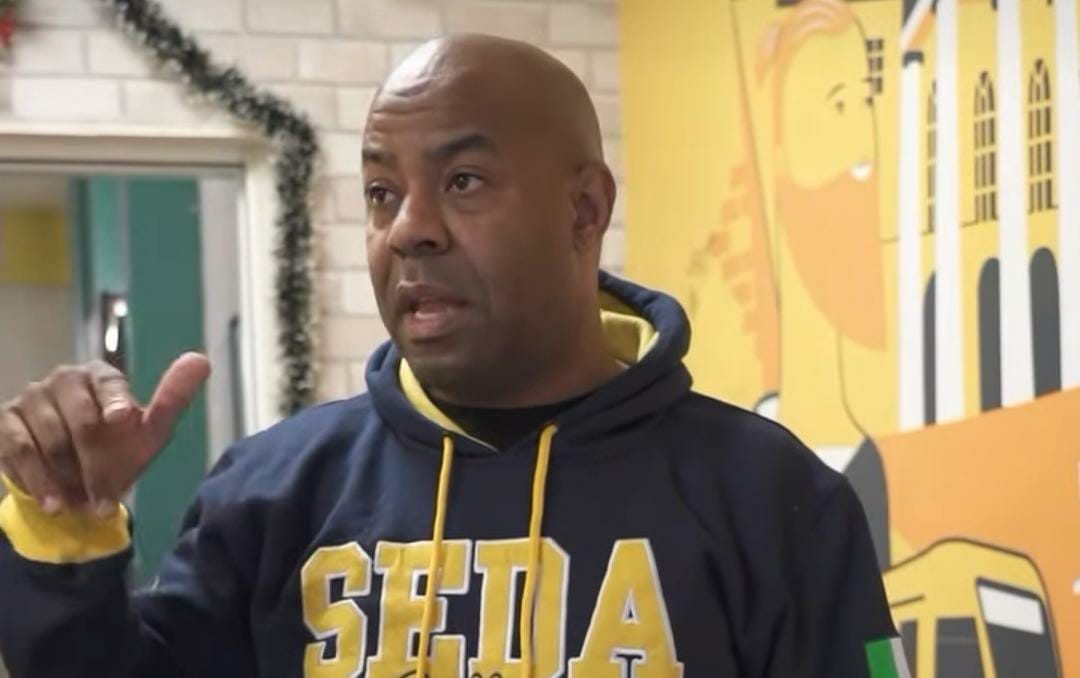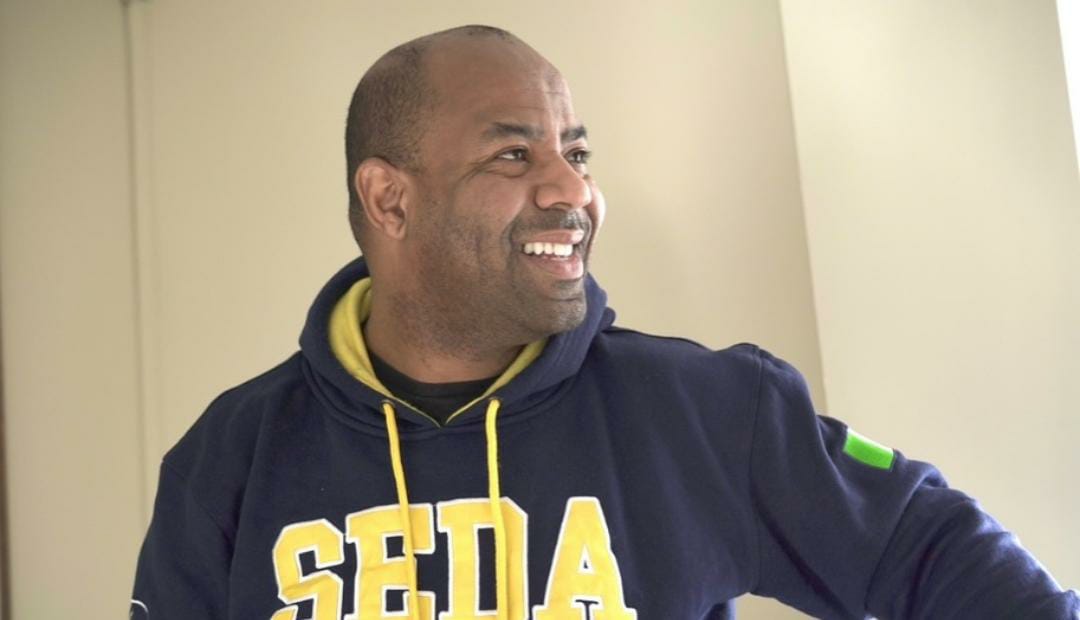When I first took on leadership roles, I spent a lot of time trying to get my message right. I wanted to be inspiring. I wanted people to see me as someone who was confident, firm, and prepared.
But over time — and through listening — I realized that my team expected much more from me than just being present at meetings or having good presentations.
They expected poise, coherence, and humanity.
They expect clarity, not perfection
One of the most important things I learned is that the team doesn’t expect the leader to know everything — but they do expect him to make it clear what he knows, what he expects, and what he still needs to understand better.
Clarity doesn’t mean rigidity. It means giving direction. Making it clear what the objective is, what’s at stake, what each person’s role is, and what the evaluation criteria are.
A lack of clarity creates noise. And noise, over time, turns into demotivation.
Even when the answer is “I don’t know,” the team values honesty. Leadership is not about having all the certainties — it is about creating an environment where it is possible to seek them together.
They expect active listening, not just physical presence
Being available is not the same as being accessible. Being in the room is not the same as truly listening. What the team really expects is to be listened to attentively. That their pain points are not ignored.
That their ideas do not hit an invisible wall of indifference. That their contribution is considered — even when it is not adopted.
And, above all, that the leader knows how to ask questions before giving answers.
They expect an example, not just speech
Words can be beautiful. But in everyday life, the team observes attitudes. How you react to a mistake. How you treat those who think differently. How you act under pressure.
It is these small gestures that build (or destroy) a leader’s authority.
A team forgives technical errors. But it is unlikely to follow someone who is inconsistent. The team’s culture is born more from the leader’s attitude than from any phrase on the wall.
They expect courage to make difficult decisions
Being a leader also means carrying the weight of decisions that no one wants to make. Cutting out excesses. Resolving conflicts. Saying no when it’s easier to say yes.
The team expects you not to hide, even in delicate situations. To be firm, but also empathetic. To not transfer responsibilities. To know how to support the choice that is best for the whole — even if it is uncomfortable in the short term.
Leadership is less about position, more about connection
Today, I believe that the team does not expect perfection. They expect coherence, humanity and direction.
What they really want to know is:
📌 “Can I trust you, even on difficult days?”
If the answer is yes — not just with words, but with actions — then you are on the right track.




